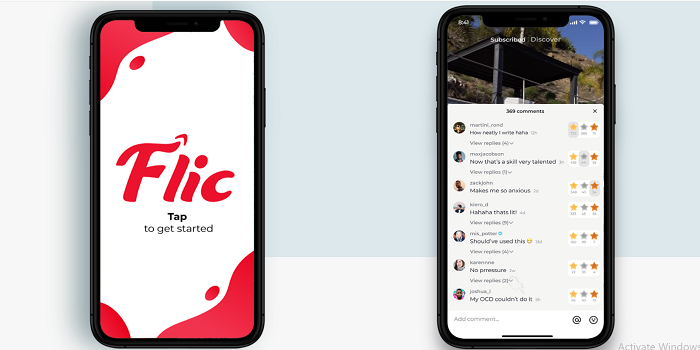Managing multiple social media accounts can at times feel overwhelming, especially if all your channels are active and your content is being engaged with. The pressure to maintain a consistent posting schedule with great content and replying to enquiries and complaints is only added to by the pressures of needing to hit targets.
In this article I’m going to share with you some tools, technique and advice that I’ve come across over the past two years that have helped me and colleagues simplify daily social media activities:
Share the responsibility:
Most successful social media campaigns come from companies who have more than one person in charge. For example, Etsy use one employee at a time to update their Twitter, rotating on a regular basis. This means that everyone gets a chance to disconnect and take a break from their regular tasks, contributing different ideas and ways of thinking so that the daily social media activities don’t become mundane.
Ask your audience for content ideas:
Don’t ask them directly, but by letting everyone know that you are looking for new, interesting content and allowing them to send you their ideas, you can gain fresh content for your site. You could also follow other people who post relevant links and repost them.
Although you won’t be posting totally original content, it is likely that no-one will know care and they will probably have heard it from you first!
Schedule your updates in advance:
Many of the best social media management tools will allow you to schedule updates, letting you plan your posts so they are published regularly throughout the day. This will save you a lot of time and will ensure that your content is being constantly engaged with. More about Long Format Tiktok
You don’t have to follow everyone who follows you:
On Facebook, following is a two-way street, by accepting a Friend Request you are able to see their updates automatically, and they can see yours. However on Twitter, users can follow you and you don’t have to follow back.
Although it is good manners to follow anyone who follows you, it’s not really practical when your numbers grow into the thousands. There is no obligation to follow them back and most people won’t be offended if you choose not to.
Organise your followers and friends:
Using lists on Twitter and Facebook is important, because it makes sure that you get the updates from those you care about the most. Don’t be afraid to hide updates and followers if they tend to clog up your new feeds.
For other social media sites, take advantage of the good organisational tools and management apps which will help to filter your feeds and ensure that you can prioritise the most important people.
Make sure you stick to a time limit:
There’s no denying it, social media is addictive and sometimes your daily social media activities can get out of hand. A five minute check of your notifications can quickly turn into a half an hour session, which over a week adds up.
By setting yourself a time limit, of 15 of 30 minutes for example, you make sure that you give all of your accounts the same time and attention they deserve.
Utilise Google Alerts:
Google Alerts allow you to keep tabs on everything that is published to the internet and sends you an email to alert you of anything which contains the keywords you have specified.
By setting up alerts for your company, you can keep track of what is being said about your company and its products and can respond quickly and appropriately. These alerts can be sent daily, weekly or as soon as it is found depending on your preferences. It is probably best to have immediate alerts related to your company, so it can be addressed efficiently.
Don’t read, scan:
If you read every relevant update that came to your attention, you would be there for hours but if you can scanned the information it would take mere minutes. This will allow you to spend your time on more important things.
Look out for the relevant keywords for you company and industry and then focus solely on those. Most links will have a headline which allows you to decide whether or not to click onto it. Practice makes perfect, so don’t give up if you find it hard at first.
Make sure you measure your impact:
Periodically reviewing your social media marketing strategy allows you to find any kinks in your armour and will help you refine your daily social media activities. By finding out what is going wrong, or right, with your plan early means that you can make any necessary adjustments and evaluate whether this is the right strategy to use.
Streamlining your processes will help you to focus your energy onto the social media channels that work best for you and your company.
Social media marketing is a powerful tool and it is important to utilise this effectively. If your strategy isn’t working, don’t be afraid to adjust and change your plans, at the end of the day, your marketing campaign is only as strong as you make it. Your daily social media activities shouldn’t be something that you fear, they should be something that you look forward too and can learn from.


